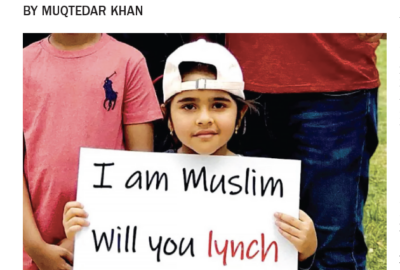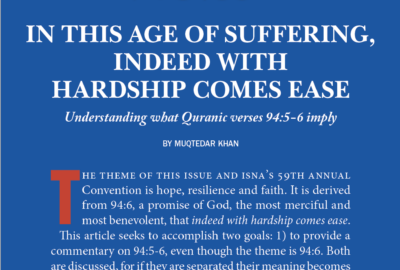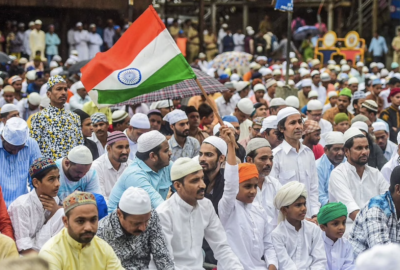Indian Supreme Court Rewards and Legitimizes Hindutva
This is part of the Special Analysis by the Center for Global Policy
A Secular, Democratic India: A Thing of the Past
Published November 11, 2019
Click to Listen to Dr. Muqtedar Khan’s view on Indian Supreme Court’s Babri Masjid Decision
The Indian Supreme Court has rewarded decades worth of Hindutva activism by giving it victory in the Babri Mosque and Ram Temple dispute. I presume this is the safest judgement they could cobble together. The court ruled in favor of God Ram, who was granted legal standing by the Supreme Court, and against Muslims. The court handed over 2.77 acres of land to the central government using Article 142 of the Indian Constitution, which gives the court power to legislate and override legislature in special circumstances, to build a Hindu temple where a mosque stood for over 400 years. The court accepted belief as fact, and even though it could not find conclusive evidence that a temple once stood where the mosque was built in 1526 (Hindu vandals destroyed it in 1992), it decided that the land dispute must be settled in favor of Hindus.
I suspect that the court in its wisdom assumed that if the decision went against Muslims, the oppressed minority might be upset, but peace will prevail. On the other hand, if the decision had gone against Hindus there would be violence, riots, and further damage to the national fabric. So to end this long dispute without too much trouble, it relied on what S. Vardarajan calls “faith based logic’” and passed a political decision and not a legal verdict. Majoritarian politics prevailed.
The Indian Muslim community is economically backward and politically underrepresented. It has also been suffering from an avalanche of assaults by cow vigilantes, Hindu mobs lynching minorities and frequent riots in which cops look the other way when minorities are killed or raped and their properties destroyed. This decision will further undermine their faith and trust in India’s political institutions. If even the Supreme Court has become saffron (Hindu nationalist), then India’s secular democracy is dead. What hope do religious minorities have for equal rights in a Hindu Rashtra (Hindu State)? The community also fears that this might not be an end to this dispute; in fact, this might invigorate Hindu movements to attack more mosques. A statement issued by Hindu Vishwa Parishad saying “it’s the beginning” provides credence to these fears. This decision will further the anti-Muslim narrative that fuels Hindu nationalism. With the success in the triple talaq issue, revocation of Article 370 of the constitution, and the creation of the National Citizenship Registry, the Modi government is taking major strides against Indian Muslims.
Nevertheless, I think it would be wise for Indian Muslims to accept this decision. Let the illusion that the legal system is still fair persist. It could sometimes work in their favor when the stakes are not as high. Indian Muslims should accept the five acres of land that the decision grants them, a sort of reparations for the gross injustice done to them, and build a Babri Museum on it — a museum that will preserve the best of Hindu-Muslim relations and traditions in India, and especially preserve the heritage of Indian Islam.
Dr. Muqtedar Khan is a professor at the University of Delaware and a Senior Fellow at the Center for Global Policy. From 2017-2019 he was the Academic Director of the State Department’s National Security Institute and from 2019 onwards he is the Academic Director of the State Department’s American Foreign Policy Institute. He is the author of a new book Islam and Good Governance: A Political Philosophy of Ihsan.








